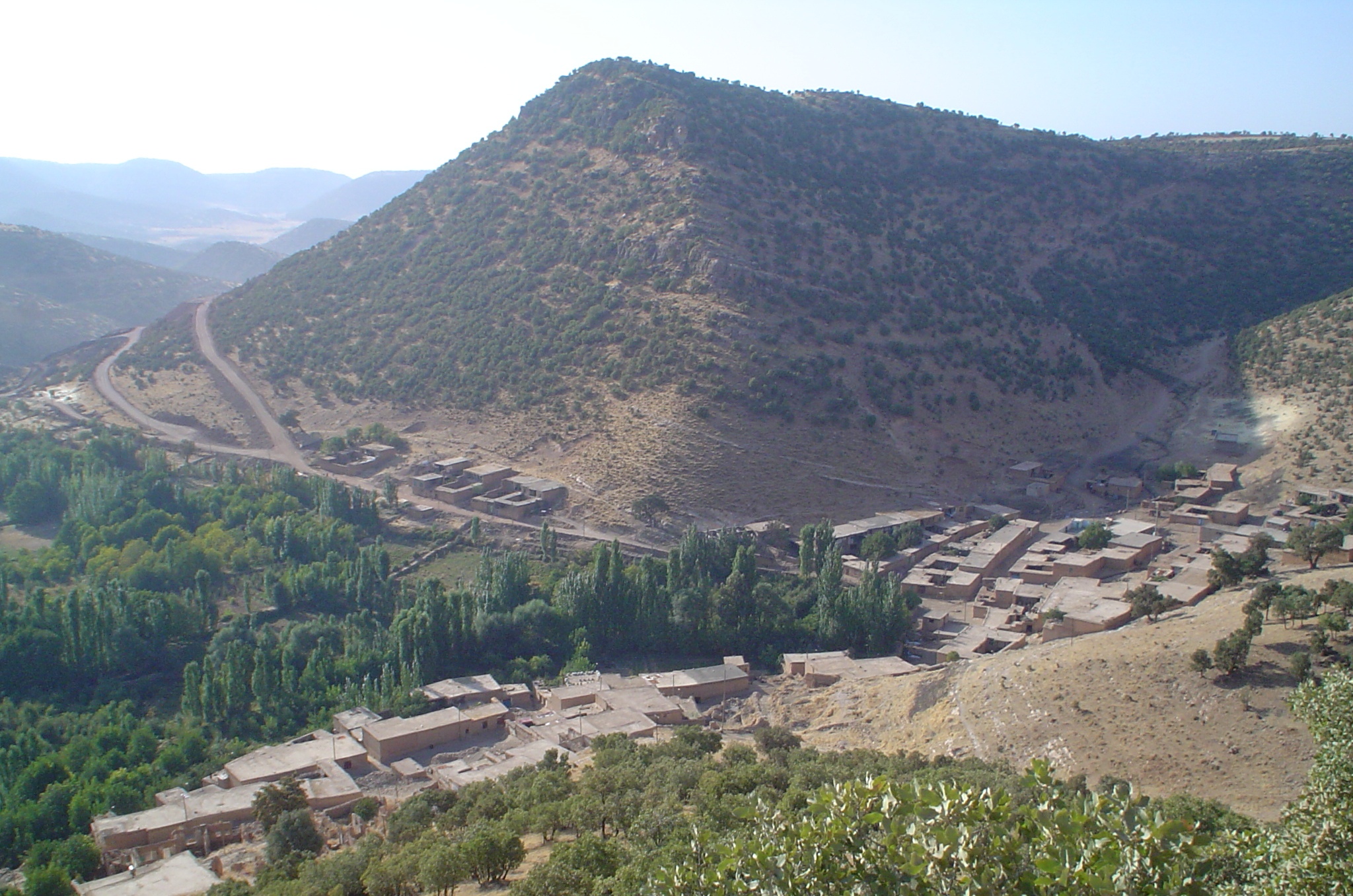This project aims at documenting the language and cultural practices of the Gorani speech community in western Iran, characterised by their adherence to a religious group known as the Ahl-e Haqq (or: Yaresan). The Goran number at most 1.500 speakers, inhabiting two villages near the township of Gahvare around 60 km from the regional centre of Kermanshah, and the village Zarde more to the west. Although the Goran and their close linguistic relatives, the Hawram, are now small minority languages, they actually have a literary tradition going back some centuries, reflecting the earlier importance of the Gorani/Hawramis in the region. Both the language and the religion are under threat from the dominant state language and religion, but also from the local dominance of Kurdish as the lingua franca in the region. Furthermore, the remote Gorani village Gawraju will shortly be flooded by a dam being built by the Iranian government, leading to resettlement and subsequent destruction of the fragile socio-linguistic traditional structures of the village. The project aims to document the cultural heritage of the Goran that is doomed to vanish within one or two generations.
The main objectives of the project is to provide the following:
- A collection of film recordings, highlighting the importance of musical performances in all areas of Gorani folklore and culture
- Annotated collections of religious texts, traditional folklore, oral narratives (mainly from recent history), and everyday speech
- A descriptive grammatical sketch of the Gawraju’i variety of Gorani
- An electronic lexicon with multimedia applications



